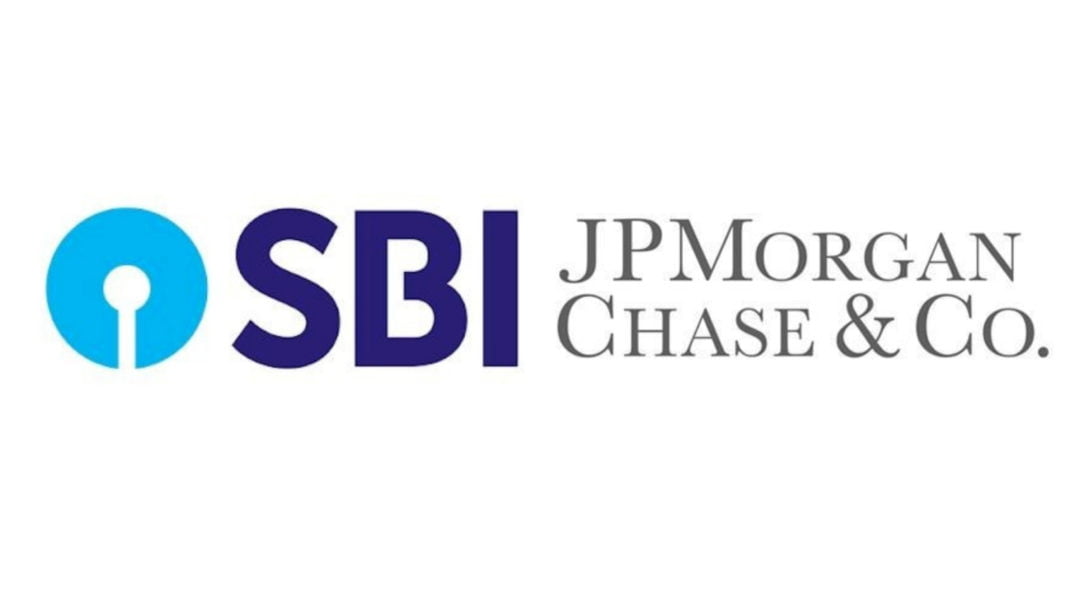State Bank of India (SBI) has joined hands with JPMorgan to use and explore its blockchain technology to speed up overseas transactions. SBI has officially adopted JPMorgan’s Liink Blockchain.
The partnership is expected to significantly reduce SBI’s customers transaction costs and time involved. Implementing this technology can reduce the time taken to resolve cross-border payments-related inquiries to a few hours compared to a usual fortnight. This will also help cross-border payments reach beneficiaries faster and using limited steps, ET reported.
What is Liink?
Previously known as the Interbank Information Network, Liink is a Blockchain platform which has communication network that enables banks, financial institutions and corporates to quickly resolve and settle queries that delay cross-border payments. It exchanges information with ease and speed.
Based on the Ethereum network, it allows banks to communicate with the other parties check the to Know-Your-Customer (KYC) documentation, identity and business validation.
Curiously, Liink is not open-sourced. Thus, JPMorgan has been inviting 400+ financial institutions including big banks to build on top of it. Having around 100 banks live on the network.
“We have undergone significant digital transformation in recent years and continue to add new technologies to create real value to daily operations,” Venkat Nageswar, Deputy Managing Director at SBI, said. “We are excited to be the first bank in India to go live on the network and look forward to closer partnership with JP Morgan on implementation and exploring application as part of the network to better serve our clients,” he told ET.
At present, it has over 380 banks on board including SBI, ICICI Bank, Canara Bank, IndusInd Bank, Kotak Mahindra Bank, Federal Bank, Union Bank of India and Yes Bank.
What will happen once India’s ban on cryptocurrencies gets finalized? If you want to know more on the ban and how to cope check Crypto Investors in India Weigh Options Ahead of Rumoured Ban

